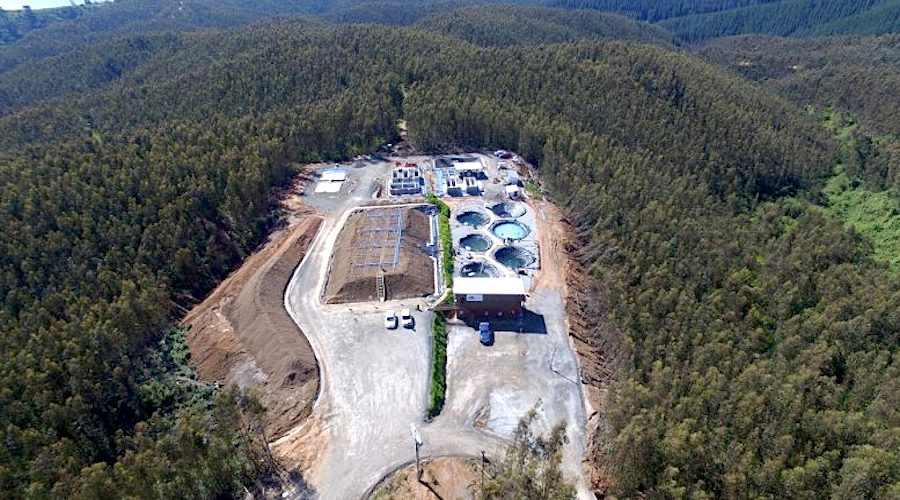
“This is the logical next step forward for our rare earth business,” Hochschild chair Eduardo Hochschild said in the statement. “It is our belief that, as two standalone businesses, both Hochschild and Aclara will have the greatest potential for delivering long-term value creation.”
Hochschild bought the deposit for $56 million in cash in October 2019, saying it expected the rare earth market to grow “exponentially.”
“We are not surprised to see Hochschild pursuing a spinout of Aclara,” wrote Ryan Thompson, precious metals analyst at BMO. “We are currently carrying Aclara at $160 million in our model, which is in line with the value announced in the September PEA.”
Aclara is a unique heavy rare earth project, according to the expert, as there are very few of its kind outside China. It contains dysprosium and terbium, key heavy rare earth elements used in high performance magnets, which are found in electric vehicles (EVs), wind turbines, drones, planes, and home appliances.
“We view this as the best way to achieve fair value for the rare earths business that should trade at a premium to the company’s mature precious metals business,” analysts at Berenberg said. “This, however, creates an issue for Hochschild as Aclara was, by a margin, the most interesting development project in its portfolio.”
Hochschild said its chief financial officer, Ramon Barua, would step down to lead the new business. Peruvian businessman Eduardo Hochschild will be Aclara’s chairman, and current Hochschild chief executive Ignacio Bustamante will assume the director of the board post.
Competing with China and Myanmar
Aclara is initiating the development of its resources with the Penco Module, a project formerly known as Biolantanidos, which covers a surface area of roughly 600 hectares and contains ionic clays that are rich in rare earth elements (REE). Penco aims to produce rare earth concentrates through a processing plant that will be fed by clays from nearby deposits, Hochschild said.
The company also noted that Penco is a low cost and capex that employs simple metallurgy and a straightforward mining process that does not require explosives or tailings dams. The deposit contains little to no radioactivity, Hochschild said.
Set to begin production in 2024, Aclara’s operations would account for about 2% of global dysprosium production, or 28% of supply outside of China and Myanmar.
The concentrates produced will need to be processed by third parties and the company has not ruled out the use of a plant in China, India or Estonia. Longer-term the new company would look at building its own separation plant, it added.




